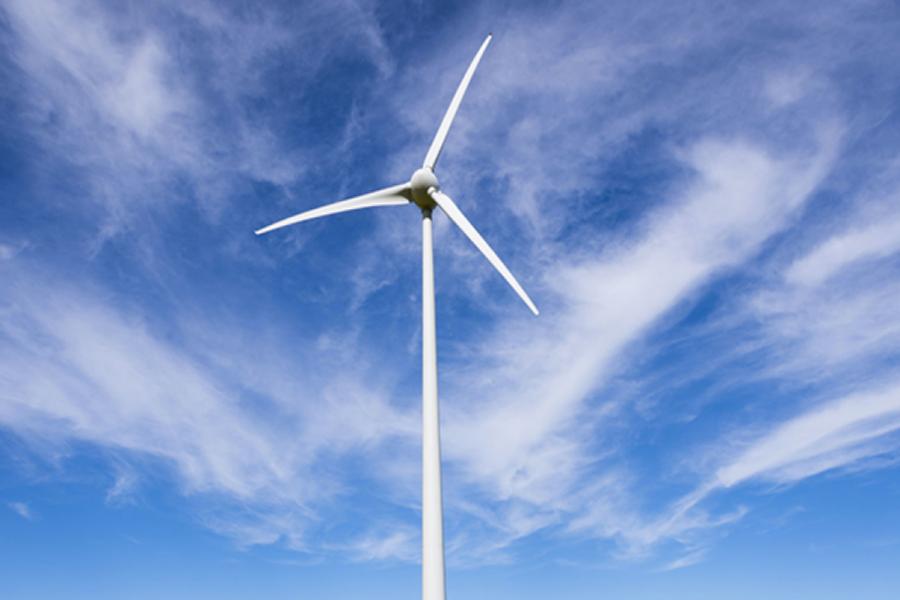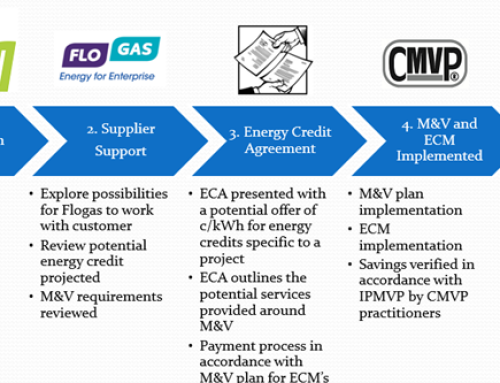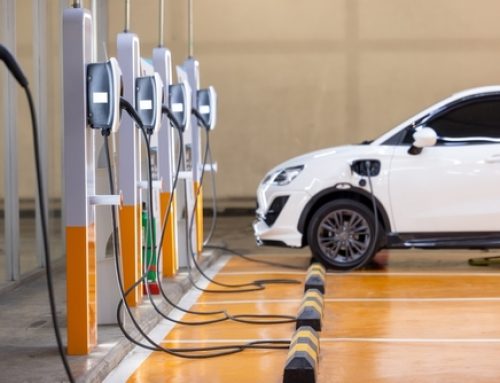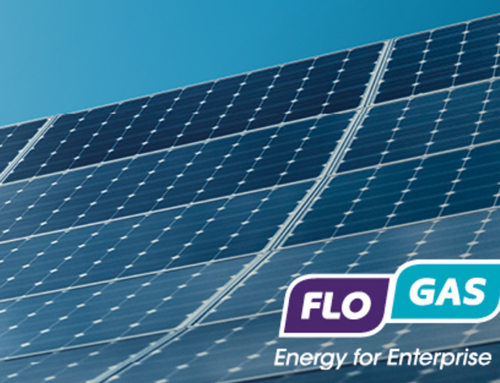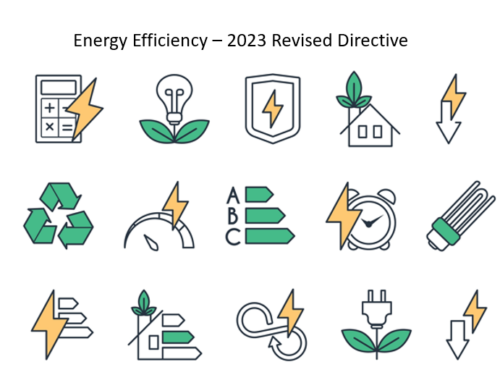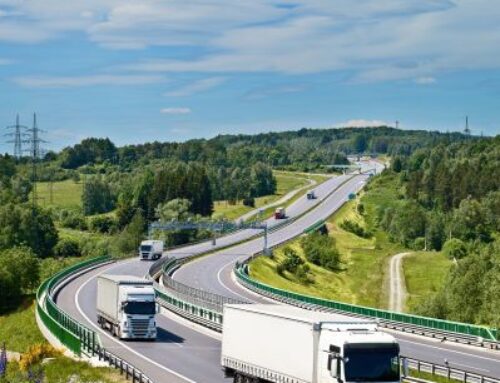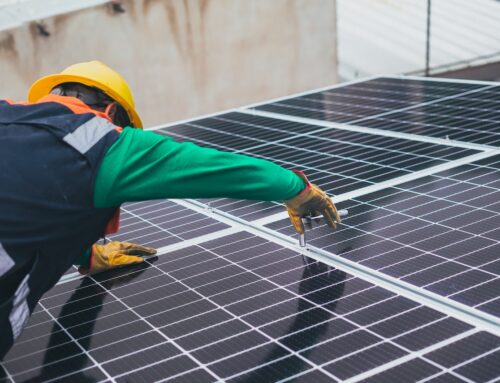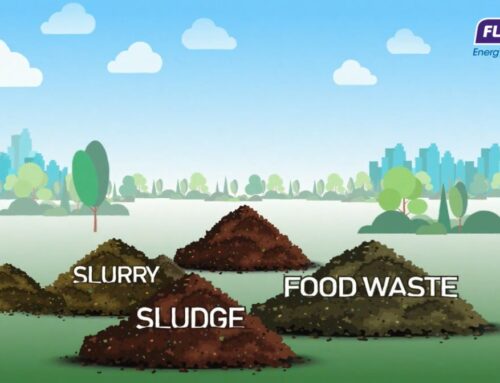The Irish Government last week published the Climate Action and Low Carbon Development Bill 2020, which is seen as a key pillar in meeting Ireland’s climate action and carbon emissions targets.
The legislation establishes 2019’s Climate Action Plan as the agreed framework for Ireland’s future environmental targets and includes an annual review of the plan’s objectives.
Also included in the setting of carbon budgets and “emission ceilings” which will be passed by the Oireachtas based on recommendations from the Climate Change Advisory Council.
Under the new legislation, the Climate Change Advisory Council will be diversified, with additional expertise sought on climate science, transport, energy and agriculture in order to improve oversight and overcome challenges in implementing Ireland’s 2030 environmental targets.
In launching the Bill, Taoiseach Michéal Martin stated ‘’No one can doubt the fact that action on climate will lead to many difficult decisions. The impact of our actions on the planet is undeniable. The science is undisputed. Climate change is happening. And we must act.”
The Climate Action and Low Carbon Development Bill 2020 will now undergo pre-legislative scrutiny before being introduced into the Oireachtas for further debate. The draft legislation can be read here.
The European Commission has published its fifth State of the Energy Union Report, the first since the passing of the European Green Deal among EU member states over the Summer.
The Report highlights that the proportion of clean energy consumed in the EU continues to rise, but is critical of failings in energy efficiency and low-carbon-R&D spending. It also calls on EU member states to end subsidies currently provided on fossil fuels.
The Report finds that clean energy accounted for 18% of final energy consumption in 2018, with the figure set to rise to around 23% this year, with Covid-19 contributing to a reduction in demand for traditional fuels.
European Commissioner for Energy, Kadri Simson said “The National Energy and Climate Plans are an essential tool for our work with Member States to plan the policies and investments for a green and just transition. Now is the time to turn these plans into reality and use them to lead us out of the Covid-19 crisis with new jobs and a more competitive Energy Union.”
The European Commission State of the Energy Union Report can be read in full here.
Research conducted into the role of women in the energy industry has highlighted the importance of investing in recruitment, retention and mentoring.
The second Women in Energy Global Study, conducted by NES Fircroft and Energy Jobline with over 3,000 energy professionals found that only 32% of women working in the energy sector said their employer has a formal mentoring programme and that this was identified as a key reason why women struggle to climb the career ladder.
Key results of the research included 70% of women in the energy workforce supporting greater sponsored training and learning opportunities and 57% the possibility of more flexible working.
Josh Young, Director at Energy Jobline stated “The energy industry continues to adapt itself for the future and this second-year report highlights the progression from last year and guides energy recruitment leaders in how they can further attract and retain a diverse workforce, that is proven to create the best results.”
The second Women in Energy Global Study can be found here.


